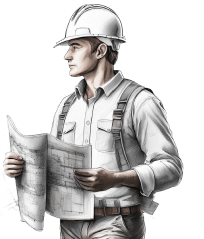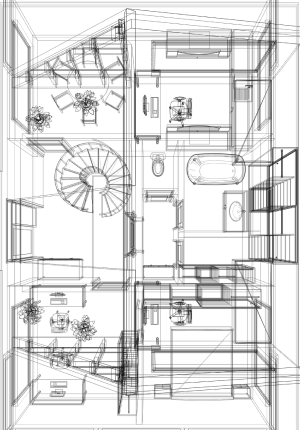When Is It Time to Upgrade Your HVAC System?

We all know that our HVAC system is the unsung hero of indoor comfort. It’s everyone’s trusty sidekick, always working in the background to keep our homes cozy in winter and cool in summer. But what happens when our trusty sidekick starts showing signs of fatigue? Is it time to retire it and bring in a fresh face?
Coupled with proper monitoring and assessment, you will be able to look out for these signs that tell you you need to upgrade your system:
Your HVAC’s Age
Unfortunately, age is not just a number for the HVAC system. If your system is more than a decade old, it might be close to its end. Older systems tend to lose their efficiency, causing them to exert more energy to do the same job. Upgrading to a newer model could mean saving on those energy bills and keeping your home comfortably climate-controlled.
The Endless Repair Cycle
Frequent breakdowns and constant repair visits can be a real drain on your wallet. Think about it: all that money you’re spending on repairs could be invested on a new system that won’t leave you sweating in the summer or shivering in the winter. If your HVAC system is turning into a money pit, investing in a new system might actually save you money in the long haul.
Budget-Busting Energy Bills
If those bills are skyrocketing even though you’re not cranking the thermostat to the max, your old HVAC system might be the culprit. Older systems have a way of getting a bit greedy with energy, and that’s money straight out of your pocket. Upgrading to a more energy-efficient model could save you big bucks in the long run.
Hot Spots and Cold Zones
Is your living room an oasis of coolness while your bedroom feels like a sauna? Uneven temperature distribution is a classic sign that your HVAC system might be struggling. A new system can ensure that every corner of your home gets equal treatment that it deserves.
R-22 Refrigerant Discontinuation
If your system relies on R-22 refrigerant, which is being phased out due to environmental concerns, consider upgrading to a more eco-friendly system.
Old-School vs. Smart Tech
Newer HVAC systems come with all the bells and whistles, including smart technology that lets you control your home’s temperature with your phone. So if you’re feeling a bit left out of the tech party, upgrading could be your golden ticket.
Your trusty HVAC system might have served you well, but if you’re seeing any of these signs, it might be sending out an SOS for an upgrade. From energy efficiency to air quality, a new system can transform your home’s comfort and save you some serious cash along the way.
To start off, get your HVAC system assessed by a technician. Have it tested and diagnosed for any issues related to airflow, cooling or heating efficiency, or system pressure loss. They will be able to provide insight about what components of the system needs upgrade or replacement. For instance, if there are required ductwork replacements or new installations, your HVAC experts will be able to identify the best type of ductwork for your system and for its efficiency. More than this, HVAC designers may also provide load calculation details that can also help in more informed and cost-effective decisions.
Other than component repair, replacement, or renewal, there are more ways to improve our HVAC system. One example of a method that is quite expensive but is a significant long-term investment is an additional HVAC zones to better control the indoor environmental quality of these spaces. Other options are to upgrade HVAC filters to higher ratings, investing in advanced thermostats, and installing HVAC induct air purifiers.
All of these have the same goal of improving indoor air quality, ventilation/airflow, air filtration, energy savings, system longevity, system monitoring, and others
If you’re thinking about upgrading your HVAC system to a more energy-efficient model, it’s a good idea to reach out to an HVAC Design Expert. They can perform a Manual J Load Calculation, Equipment Selection, and Duct Design for your home, which will help determine the correct HVAC equipment size to keep your indoor temperatures comfortable year-round and ensure that your ductwork is appropriately sized for even and smooth airflow throughout your house.
If you have any questions or want to talk about possible solutions for your home, send us an email at tom@procalcs.net


